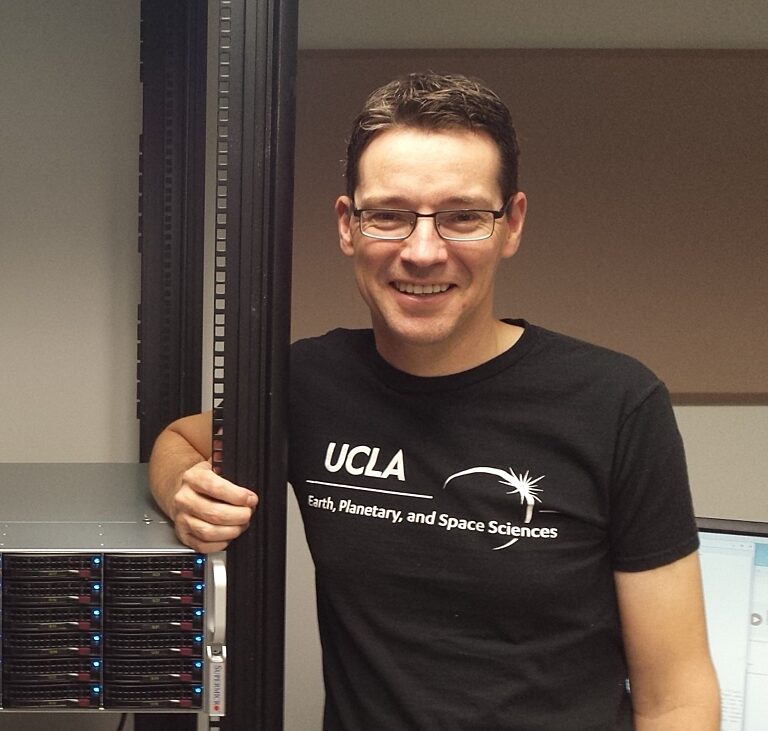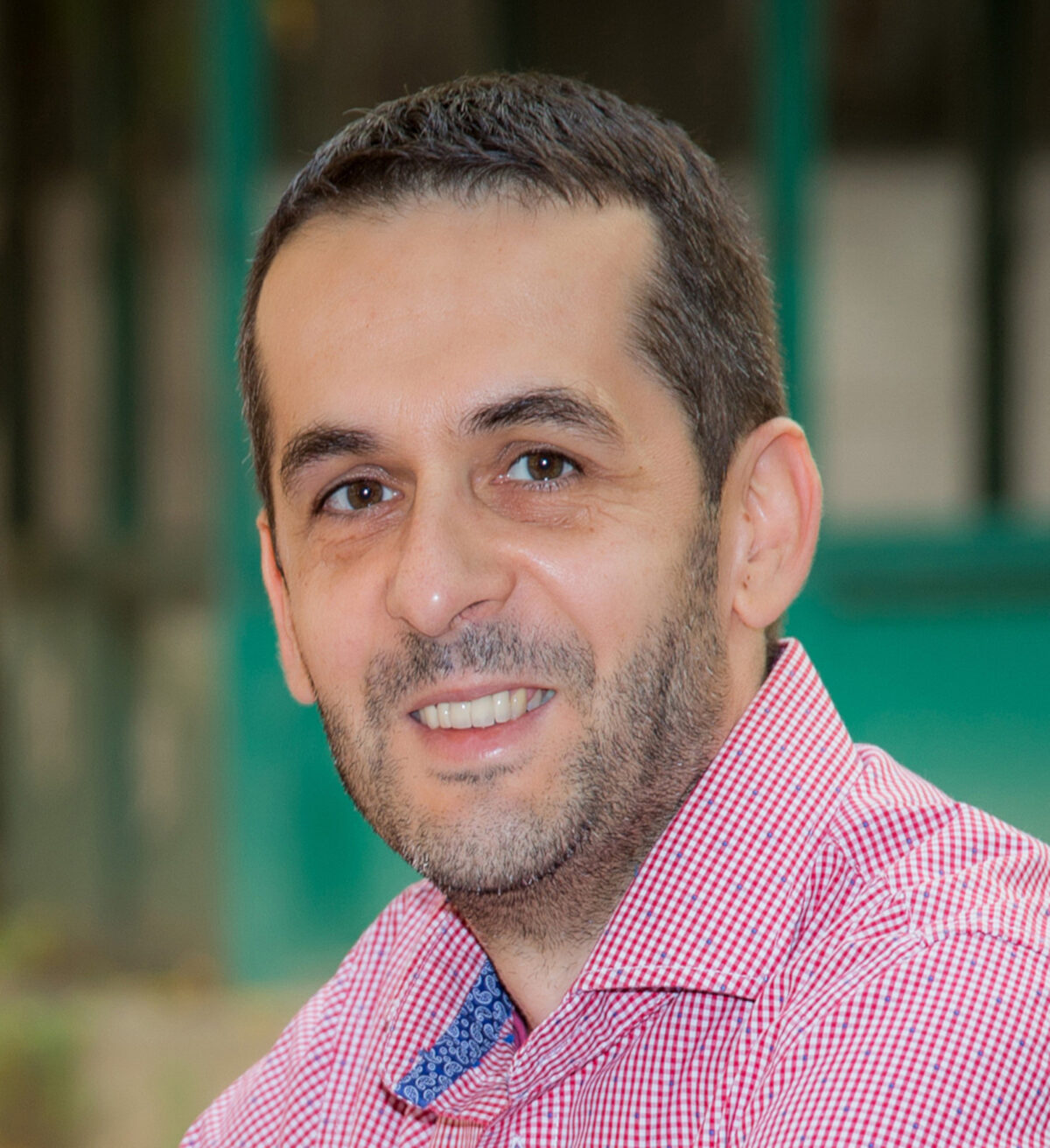The Planetary Society announces first-ever winners of new STEP grant program
The grants will fund the development of a new citizen science SETI project and a novel technique to study near-Earth asteroids
For Immediate Release
March 16, 2022
Contact
Danielle Gunn
Email: [email protected]
Phone: +1-626-793-5100
Pasadena, CA (March 16, 2022) — The Planetary Society announced the two first-ever winners of its new Science and Technology Empowered by the Public (STEP) grant program. The winning projects are a radio SETI (Search for Extraterrestrial Intelligence) citizen science project and a planetary defense project to use a novel technique to study near-Earth asteroids.
The SETI project is by a team from the University of California Los Angeles led by Professor Jean-Luc Margot and UCLA Co-Investigator Lisa Garibay. They have been awarded US$49,980 for their proposal “Are We Alone? A Citizen-Science-Enabled Search for Technosignatures.” Their grant will be used to fund the development of a citizen science project that will help with one of the biggest challenges with radio SETI: weeding out the many sources of radio signals produced by intelligent life here on Earth. Using the well-established citizen scientist platform Zooniverse, participants will classify signals in huge volumes of data into several categories, which will be used to sort the most promising signals in the data. The citizen scientists’ efforts will also generate a set of tens of thousands of classifications to train a machine learning system for future use.
The planetary defense project is by a team from the University of Belgrade, Serbia, led by Professor Bojan Novaković, with University of Belgrade Co-Investigators Professor Dušan Marčeta, Dr. Marco Fenucci, and Vanja Petkovic. They have been awarded US$44,842 for their proposal “Demystifying Near-Earth Asteroids (D-NEAs).” Their grant will enable the development and application of a novel method of determining the physical properties of near-Earth asteroids. This project will develop complex computer modeling to use Yarkovsky drift data to determine the near-surface physical properties, and, where possible, the density of around 150 near-Earth asteroids. The project will also demonstrate this method as a viable characterization technique, with potential application to future data.
For its entire history, through the crowdfunding support of its members and donors, The Planetary Society has funded science and technology projects to provide a way for supporters to play an active role in space exploration while enabling advances in space science and technology. The new STEP Grants program is designed to regularly compete a significant portion of The Planetary Society’s science and technology portfolio to support their core enterprises of exploring other worlds, finding life, and defending Earth from dangerous asteroids. The winners were chosen through an open, international, competitive proposal process.
The Halicioglu Family Foundation generously supported the development and implementation of the STEP Grants program.
Further descriptions of each winner’s project can be read in an article published today by Planetary Society Chief Scientist and STEP grant program manager, Bruce Betts.
Press Resources
- Bruce Betts, Chief Scientist and STEP grant program manager, is available for interviews. Please arrange with Danielle Gunn, chief communications officer, at [email protected]
- Announcing the First-Ever STEP Grant Winners: Citizen Science SETI and Determining Asteroid Properties
- About the STEP (Science and Technology Empowered by the Public) Grant Program
- Audio interviews with transcript: Planetary Radio


About The Planetary Society
With a global community of more than 2 million space enthusiasts, The Planetary Society is the world’s largest and most influential space advocacy organization. Founded in 1980 by Carl Sagan, Bruce Murray, and Louis Friedman and today led by CEO Bill Nye, we empower the public to take a meaningful role in advancing space exploration through advocacy, education outreach, scientific innovation, and global collaboration. Together with our members and supporters, we’re on a mission to explore worlds, find life off Earth, and protect our planet from dangerous asteroids. To learn more, visit www.planetary.org.
###


 Explore Worlds
Explore Worlds Find Life
Find Life Defend Earth
Defend Earth

